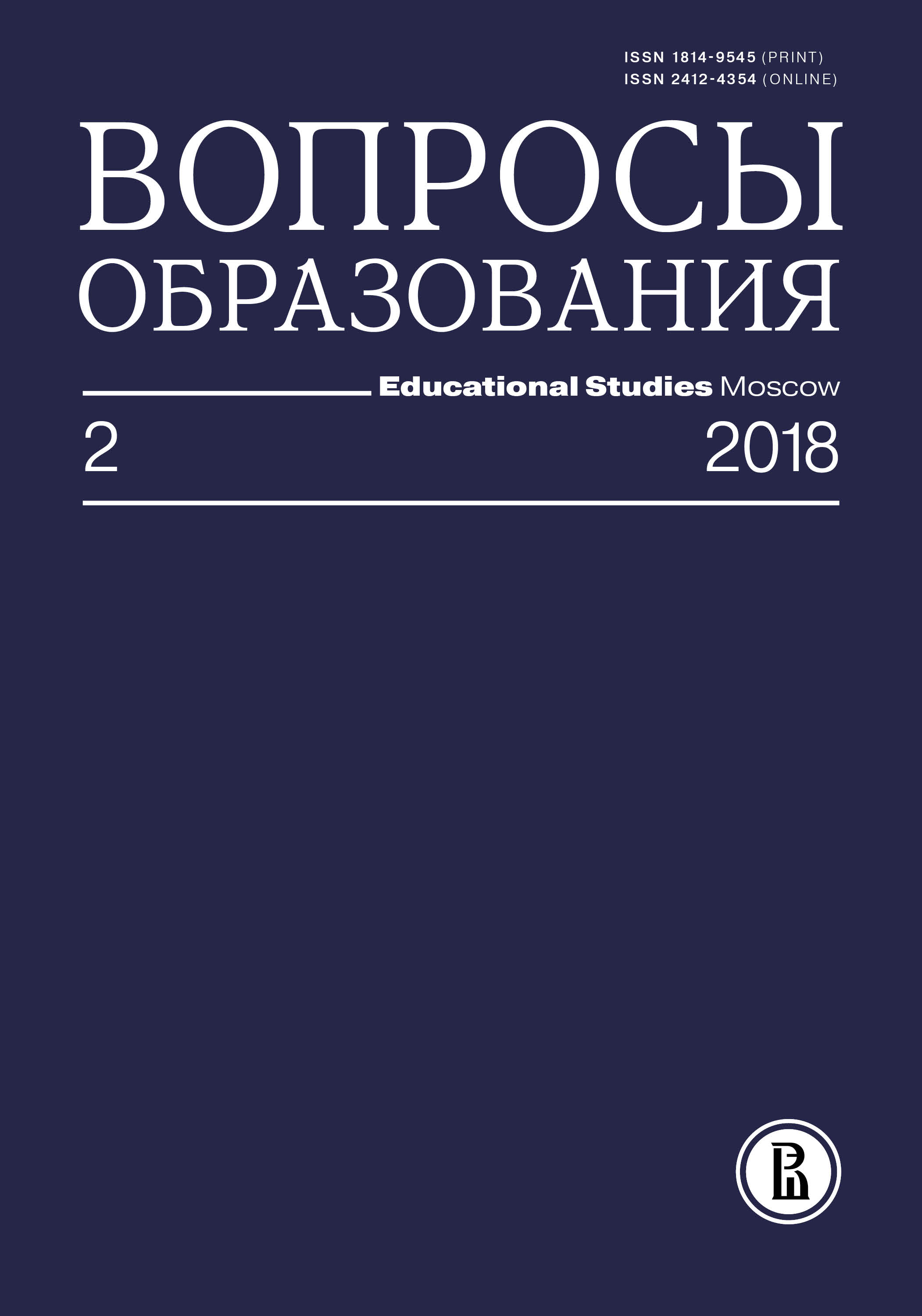Образовательные стратегемы проектирования дополнительных профессиональных программ для педагогов: выбор приоритетов
Аннотация
В условиях необходимости совершенствования подготовки педагогов, реализации новых требований к качеству общего образования важно выявлять затруднения педагогов и актуализировать потенциал отечественной системы дополнительного профессионального образования. Авторы статьи анализируют современную ситуацию и предлагают перспективные направления для совершенствования программ дополнительного профессионального образования педагогов. Стратегический подход раскрыт на основе образовательных стратегем, идея которых подсказана древнекитайскими авторами в яркой, афористичной форме – «Тридцать шесть стратагем». На основе результатов исследований практической деятельности молодых педагогов в разных регионах нашей страны и за рубежом, анализа элементов личностно-профессионального портрета современного молодого учителя авторы предлагают акцентировать внимание на трех наиболее значимых направлениях проектирования программ повышения квалификации педагогов, считая, что это будет способствовать повышению роли системы дополнительного профессионального образования в развитии личности и профессиональных качеств учителя школы будущего – в соответствии с вызовами времени.








